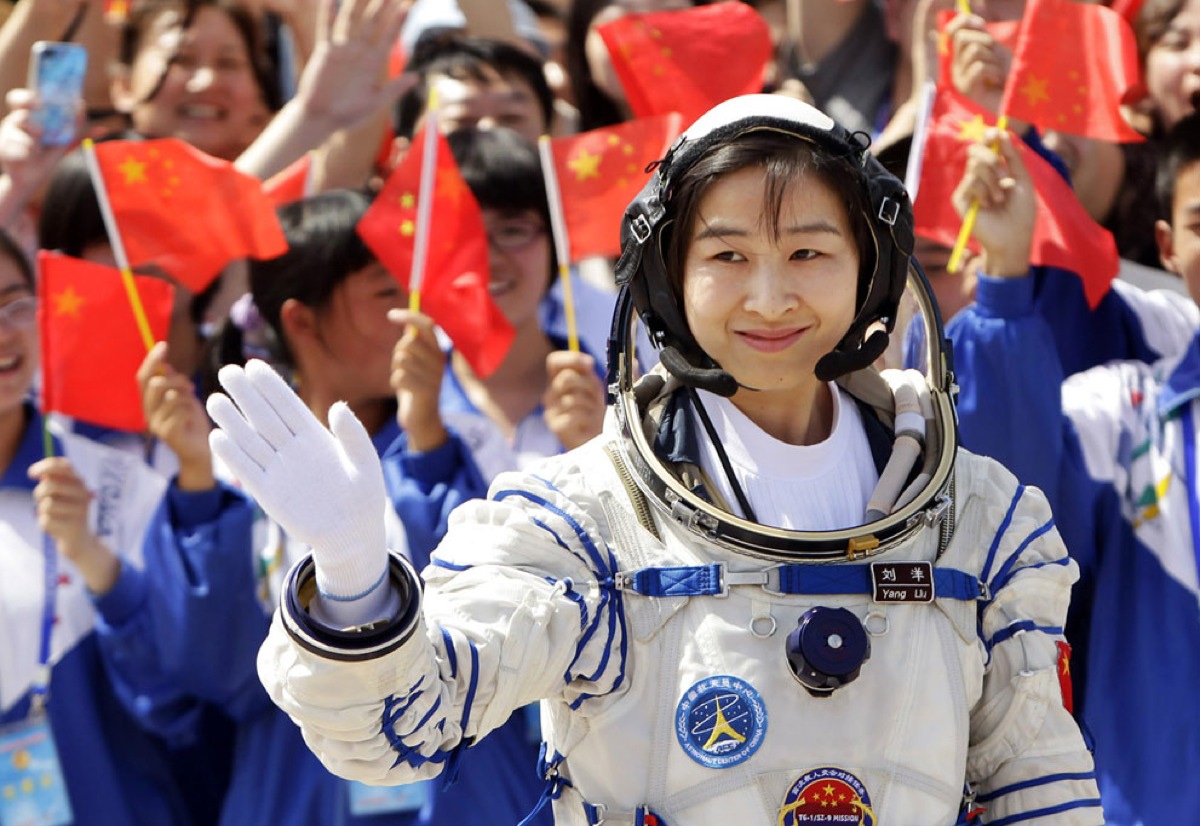“China Is Pegging Its Future Prosperity On A Knowledge-Based Economy”
December 21, 2015 in Excerpts, Politics, Science/Tech | Permalink
All superpowers have their challenges, and China more than most. Rapid industrialization, mass urbanization and the building of insta-cities have left the environment in utter disrepair just as the economy seems poised for a serious slowdown. China plans to innovate its way out of the jam, like a rather large Silicon Valley of 1.357 billion.
More than four years ago, I wondered (dubiously) if China could ever transition from its knockoff Apple stores to creating a company like Apple. It would appear the state is moving in the right direction.
From Yingying Zhou at Nature:
China has ambitious plans to source as much as 15% of its energy from renewable sources by 2020, at the same time its economy is projected to slow. It also aspires to be the next space superpower while facing major health and environment challenges, such as an ageing population and water shortages.
The Chinese government knows that surmounting these challenges while achieving its goals can only be accomplished through science. Indeed, China is pegging its future prosperity on a knowledge-based economy, underpinned by research and innovation. For a country that invented paper, gunpowder and the compass, such lofty ambitions could be realized. This year pharmacologist Tu Youyou became the first Chinese researcher to be awarded a Nobel Prize in Medicine for helping discover a new drug for malaria that has saved millions of lives.
“With a solid base built upon the large quantity of research, China is [about] to take off in world-leading innovations and scientific breakthroughs,” says He Fuchu, the founding president of PHOENIX, the Chinese National Center for Protein Sciences. “High-quality research is built upon the accumulation of incremental advances,” He says.
The Nature Index shows China is already a high-quality scientific powerhouse. Since the first Nature Index database started in 2012, China’s total contribution has risen to become the second largest in the world, surpassed only by the United States.
But, what sets China apart is the rapid growth of its WFC. While China’s contribution grew 37%from 2012 to 2014, the United States saw a 4% drop over the same period.•
Tags: He Fuchu, Yingying Zhou
Subscribe to my free, monthly Substack newsletter, "Books I Read This Month." Some new titles, some older, some rare.
Categories
About
Afflictor.com is the website of Darren D’Addario. Except where otherwise noted, all writing is his copyrighted material. ©2009-18.

